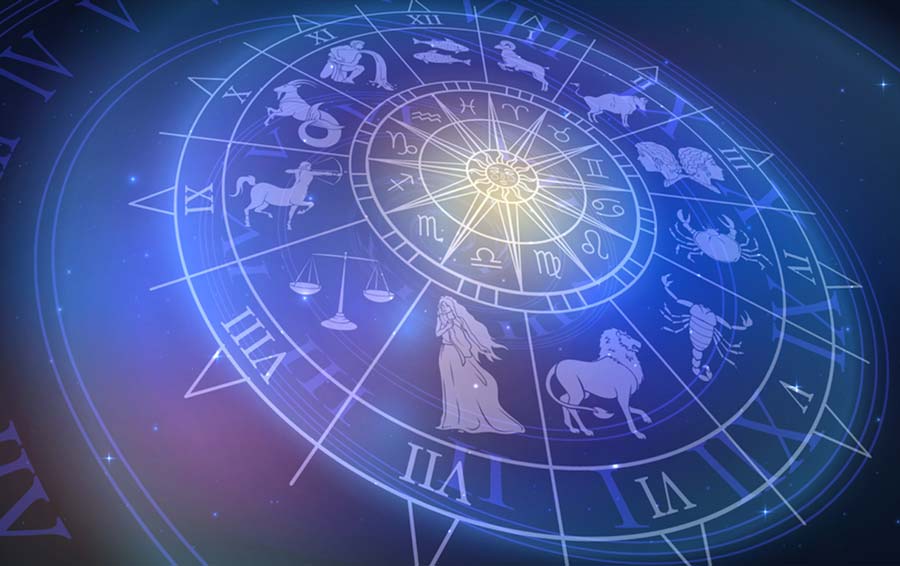
Vedic astrology, also known as Jyotish, emphasises the concept of karma and reincarnation. It focuses on the lunar zodiac, dividing the sky into 27 Nakshatras or lunar mansions. In contrast, Western astrology predominantly utilises the tropical zodiac, divided into 12 equal segments based on the Earth's orbit around the Sun. While Vedic astrology places significant emphasis on the Moon's position in a chart, Western astrology prioritises the Sun's placement.
The interpretation of astrological charts differs substantially between Vedic and Western astrology. Vedic astrologers analyse charts based on Nakshatras, which represent specific qualities and traits associated with each lunar mansion. In contrast, Western astrologers interpret charts primarily based on zodiac signs, focusing on the Sun's position at the time of birth. Additionally, variations in house systems and predictive techniques contribute to the contrasting approaches in chart interpretation.
One of the key distinctions between Western and Vedic astrology lies in their calculation methods influenced by precession and time cycles. Vedic astrology utilises the concept of Ayanamsa, accounting for the gradual shift in the Earth's axis over time. This results in the adoption of the sidereal zodiac, aligned with the fixed stars. In contrast, Western astrology adheres to the tropical zodiac, which is based on the Earth's relationship with the Sun and does not account for precession.

Both Vedic and Western astrology offer predictive insights into various aspects of life, yet their approaches differ significantly. Vedic astrology places emphasis on karmic implications, considering past actions and their consequences in interpreting future events. Conversely, Western astrology delves into psychological depth, exploring personality traits, and behavioural patterns to forecast potential outcomes. While Vedic astrology often provides detailed remedial measures, Western astrology focuses on self-awareness and personal growth.
The exploration of Vedic and Western astrology reveals a fascinating tapestry of diverse methodologies, philosophies, and approaches to understanding the cosmos and its influence on human life. While each tradition offers unique insights and perspectives, embracing the richness of both Vedic astrology and Western astrology allows for a more comprehensive understanding of life's mysteries and complexities. Whether seeking karmic guidance or psychological insights, astrology serves as a timeless tool for self-discovery, personal growth, and navigating the journey of life with greater awareness and understanding.
The primary difference lies in their philosophical foundations, calculation methods, and approaches to chart interpretation. Vedic astrology emphasises karma and reincarnation, uses the sidereal zodiac, and focuses on Nakshatras. In contrast, Western astrology prioritises psychological insights, utilises the tropical zodiac, and interprets charts based on zodiac signs.
Accuracy can vary depending on individual perspectives and preferences. Vedic astrology tends to focus on karmic influences and remedial measures, while Western astrology emphasises psychological insights and personal growth. Ultimately, the accuracy of predictions may depend on the astrologer's expertise and the client's belief system.
Yes, some astrologers integrate elements from both traditions to offer holistic insights. However, it's essential to understand the fundamental differences between the two systems and how they complement each other before combining practices.
Yes, precession influences the alignment of zodiacal positions over time, leading to variations in astrological calculations. Vedic astrology accounts for precession through the concept of Ayanamsa, while Western astrology primarily relies on the tropical zodiac, which does not adjust for precession.
Yes, both Vedic and Western astrology have been shaped by their respective cultural contexts. Vedic astrology draws heavily from ancient Indian scriptures and traditions, while Western astrology has been influenced by Greco-Roman mythology and philosophical thought.
For more Interesting topics follow us on Instagram
Author :